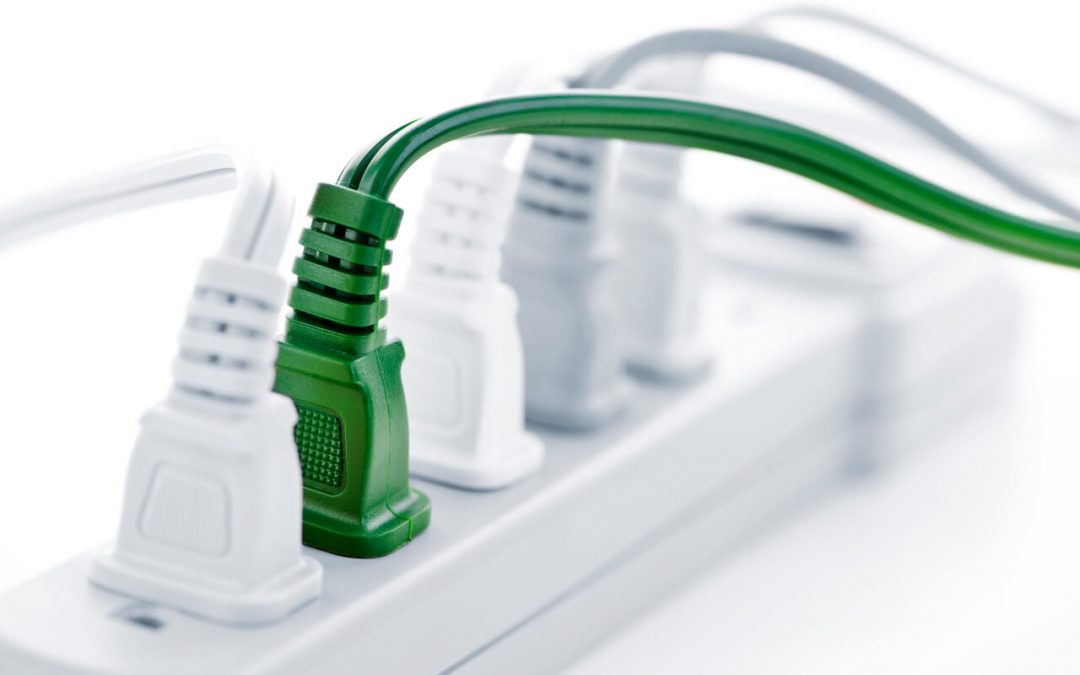Electricity makes household tasks more manageable, but carelessness can result in unfortunate consequences like electrical fires, blown fuses, and shocks. By taking precautions, you reduce the likelihood of accidents. Here are a few essential tips for electrical safety at home.
Safety with Electrical Cords
Loose cords and cables make it easy to trip and fall, causing injury or damage to the wires. Run electrical cords as close to a wall as possible, and be sure they aren’t bent or twisted, as this can damage the outer insulation. Keep cords out of open areas, and never run them underneath a carpet. A covered electrical cord may overheat and cause a fire.
Curious pets or kids may play with unprotected cables and get shocked or destroy the cord. If this is a problem in your house, protect the wires with a PVC pipe that has enough clearance to ventilate heat. If possible, keep cords behind furniture and in areas where pets and kids can’t reach them.
Safety at Home: Preventing Electrical Fires
Examine cords regularly for wear and tear like frayed wiring, broken insulation, or extreme tangles. Damaged cords can’t carry electrical current safely or efficiently, and when excessive current travels through a damaged or weak connection, the wires can overheat and start a fire.
Don’t overload connections. While power strips might be convenient, they make it easy to overload the electrical outlet. The circuit breaker will detect this and open the circuit to prevent damage, but it’s best to prevent problems by using power strips safely.
Make sure everyone in the home knows where the circuit box is, and keep at least 36 inches of clearance on all sides so people can access the panel when necessary. Watch out for burning odors, warm outlets, and smoke. If you notice these signs, shut off the appliance immediately, unplug anything in the outlet, and call an electrician.
If an electrical fire starts, don’t attempt to use water to extinguish it. Water conducts electricity. Instead, use a class C fire extinguisher.
Precautions Against Shocks
Because electrical current can travel through liquid, never operate an appliance near water or any other liquid. If anything spills, clean the area immediately.
Keep water away from power outlets; don’t plug an appliance in if your hands are wet. Make sure unused outlets are covered, especially if small children live in the house. Verify all electrical outlets are securely connected, hold plugs snugly, and have a ground prong, so excess current is grounded during a power surge.
All Pro Property Inspections offers home inspections in the Greater San Diego area. Contact us to request our services.

